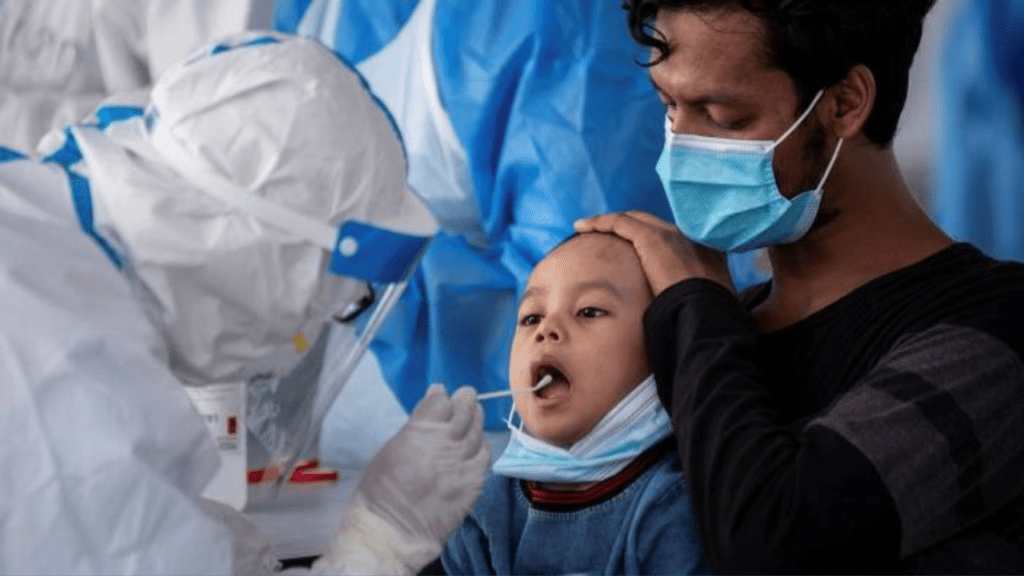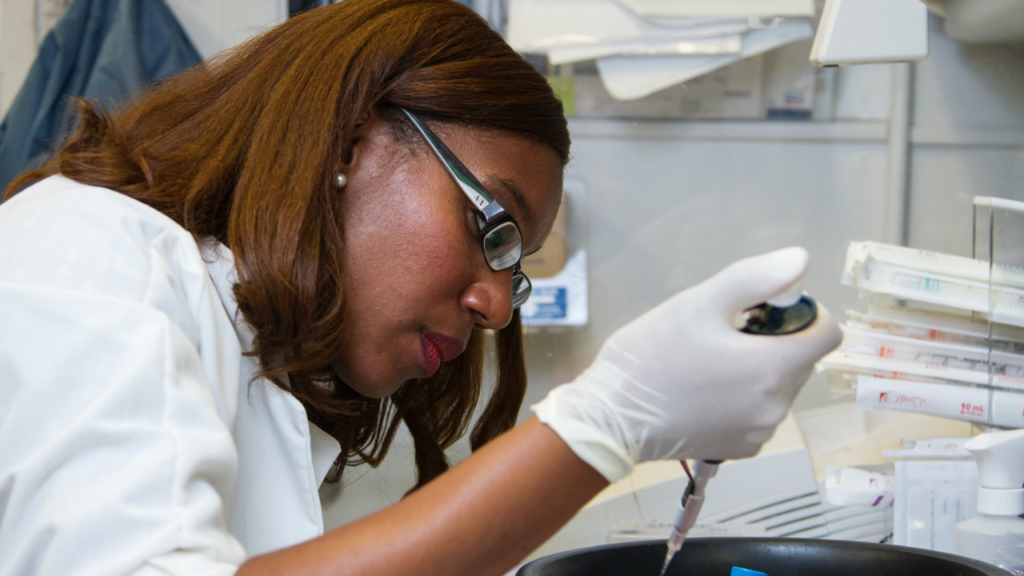“Wherever the art of medicine is loved, there is also a love of humanity” – Hippocrates
When new drugs, vaccines, and medical devices are developed and marketed, one of the most important things to address is safety—the tracking of adverse events related to the usage of medicinal products. But what goes on behind the scenes before a game-changing drug makes its market entry? The answer is clinical trials and clinical research. Let’s consider each of these activities
Clinical Trials
A clinical trial is a type of clinical research study. A clinical trial is an experiment designed to answer specific questions about possible new treatments or new ways of using existing (known) treatments. Clinical trials are done to determine whether new drugs or treatments are safe and effective. They are usually part of a long, careful process that may take many years to complete. Clinical trials are conducted in four phases:
- Phase 1 – Tests carried out using an experimental drug or treatment on a small group, typically between 20 to 100 people, to evaluate the treatment for factors including identification of a safe dosage range, patient safety, and detection of side-effects.
- Phase 2 – Experimental drug or treatment is given to a larger group of 100 to 300 people to evaluate its safety and to determine the drug’s efficacy.
- Phase 3 – Testing of drug on a larger group of 300 to 3000 people to assess efficacy, effectiveness and safety.
- Phase 4 – Post-marketing studies commence after treatment approvals by the approved regulatory body for drugs, e.g., the National Agency for Food and Drug Administration and Control (NAFDAC) in Nigeria and the Food and Drug Administration (FDA) in the US.
Clinical Research
Clinical research is the study of health and illness in people. It is a more encompassing discipline investigating how to prevent, diagnose and treat illness. Clinical research describes many different elements of scientific investigations. Simply put, it involves human participants and helps translate basic research carried out in laboratories into new information and treatments to benefit patients. There are different types of clinical research including treatment research, epidemiological studies, diagnostic research, and others.
Critical Contribution to Healthcare
Clinical research, therefore, includes the processes of clinical trials, epidemiological research, and health services. It also covers education, outcome management, and mental health services for participating individuals. These elements are all vital for medical innovation.
Clinical trials will not be a success without volunteers and participants. However, volunteers and participants must be informed of the risks and benefits of a successful clinical trial.
Volunteers who participate in these studies may benefit from accessing highly-effective treatments that could be deployed for debilitating illnesses. A volunteer can also gain full access to new medical treatments before they are widely available.
Without a doubt, the year 2020 presented many challenges to the healthcare industry–the COVID-19 pandemic ranking as the global antagonist. Those challenges are yet to be completely eliminated even in 2021, but they have brought endless opportunities to improve clinical trial processes across the world.
At Xcene Research, we continue to work at supporting clinical sites and sponsors in creating more efficient, decentralized processes with the patient always top of mind. Bringing care directly to patients is what we do best and we are excited to be part of this new frontier.




Pingback: Rare Diseases - Xcene Innovate
Pingback: Clinical Trials Participation Made Easy - Xcene Innovate
Pingback: Career Paths In Clinical Research - Xcene Innovate
Pingback: clinical trials vs research studies - infoslist